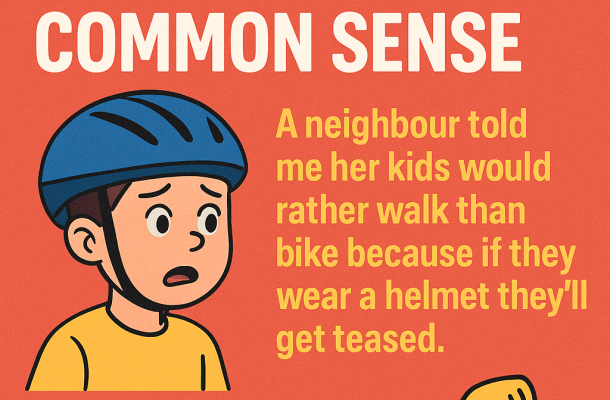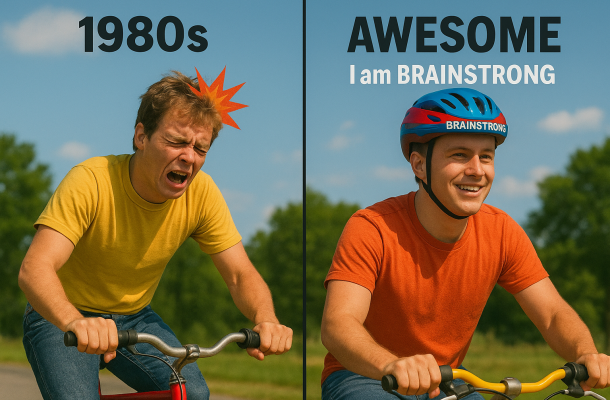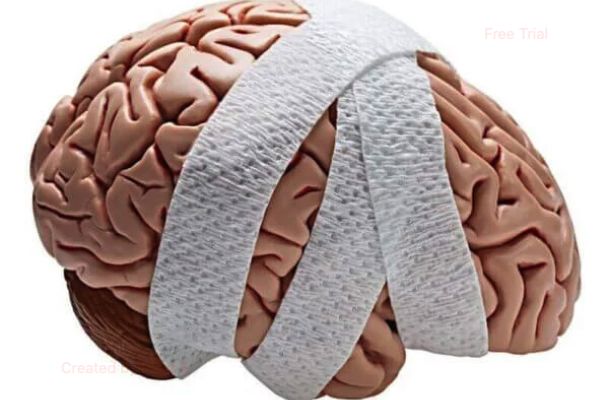The Brain Is Your Hard Drive — Protect It Like Your Favorite Game
I’ve never been a gamer, but a lot of my friends are. I’m sure that with their computer or a gaming consoles, they know how important a hard drive is. It’s where everything that matters is stored — progress, saved games, memories of battles won, and future opportunities for adventure. Lose the hard drive, and suddenly all those hours of effort, learning, and enjoyment can vanish in a blink.
Now here’s the truth most people don’t stop to consider: your brain is your hard drive. It doesn’t just hold your favorite game; it holds your entire life. Your memories, your skills, your relationships, your humor, your dreams — all of it lives in that remarkable, irreplaceable piece of equipment between your ears. That’s why protecting it is the most important “game save” you’ll ever make.
Crashing Without a Save Point
Gamers know the feeling of forgetting to save before a big boss fight. You go in overconfident, get taken out, and suddenly hours of progress are gone. That’s frustrating. But in real life, when your brain takes damage — from a fall off a bike, a collision on the ice, or a moment of distraction in traffic — you don’t get a “reload last checkpoint” option.
A damaged hard drive can be replaced; a damaged brain can’t. Doctors and therapists can help you adapt, but there’s no swap-out, no new cartridge, no downloading a backup copy. What you have is what you’ve got, and protecting it has to be your first priority.
Speed Doesn’t Tell the Whole Story
A common misconception is that helmets are only for “serious riders” — the fast cyclists who fly down hills or race in triathlons. That’s like saying you only need to save your game if you’re in the final boss fight. Wrong. Even at low speeds, a fall can scramble your “hard drive.”
Think about it: tripping in your driveway and hitting your head on concrete doesn’t require Tour de France speeds to do lasting damage. A bike tip-over at 10 km/h can still send your skull crashing against pavement that is unforgivingly hard and rougher than any ice rink.
Speed makes the damage worse, sure — but impact is impact. Whether you’re gaming, biking, or skating, you don’t risk hours of progress just because you’re “only in level one.” You protect yourself every time, because you never know what’s coming.
Helmets Are Your Firewall
In tech terms, a helmet is your firewall, your anti-virus, your surge protector, your backup all rolled into one. It won’t prevent every accident, but it dramatically reduces the severity of what could happen. Just like you wouldn’t connect to the internet without protection, why would you take your most valuable hard drive — your brain — out into the world without one?
And here’s the kicker: a firewall isn’t about fear. It’s about smart play. You don’t wear a helmet because you expect to crash; you wear it because you value what you’re protecting.
Future You Will Be Grateful
Picture yourself years down the road. You’ve got more “saved data” than ever: more memories, more experiences, more inside jokes, more lessons learned. You wouldn’t trade that for any high score. Every time you strap on your helmet, you’re hitting the “save” button for your future self.
Nobody ever says, “I wish I hadn’t worn my helmet.” But plenty of people who didn’t wear one wish they had. Don’t let your story be a corrupted file or a deleted save. Protect your hard drive, because your brain is the ultimate game you can’t replay.
The Final Level: Perspective
At the end of the day, your bike is replaceable. Your phone, your console, your hard drive — even your favorite game — are replaceable. Your brain isn’t.
So next time you head out for a ride, think of it like this: putting on your helmet is like hitting “save game.” You might not need it, but if you do, you’ll be glad it’s there. Because unlike the digital worlds we play in, life doesn’t come with cheat codes or second chances.
Protect your brain. Protect your hard drive. Keep the game going.
This site uses Akismet to reduce spam. Learn how your comment data is processed.



Leave a Reply